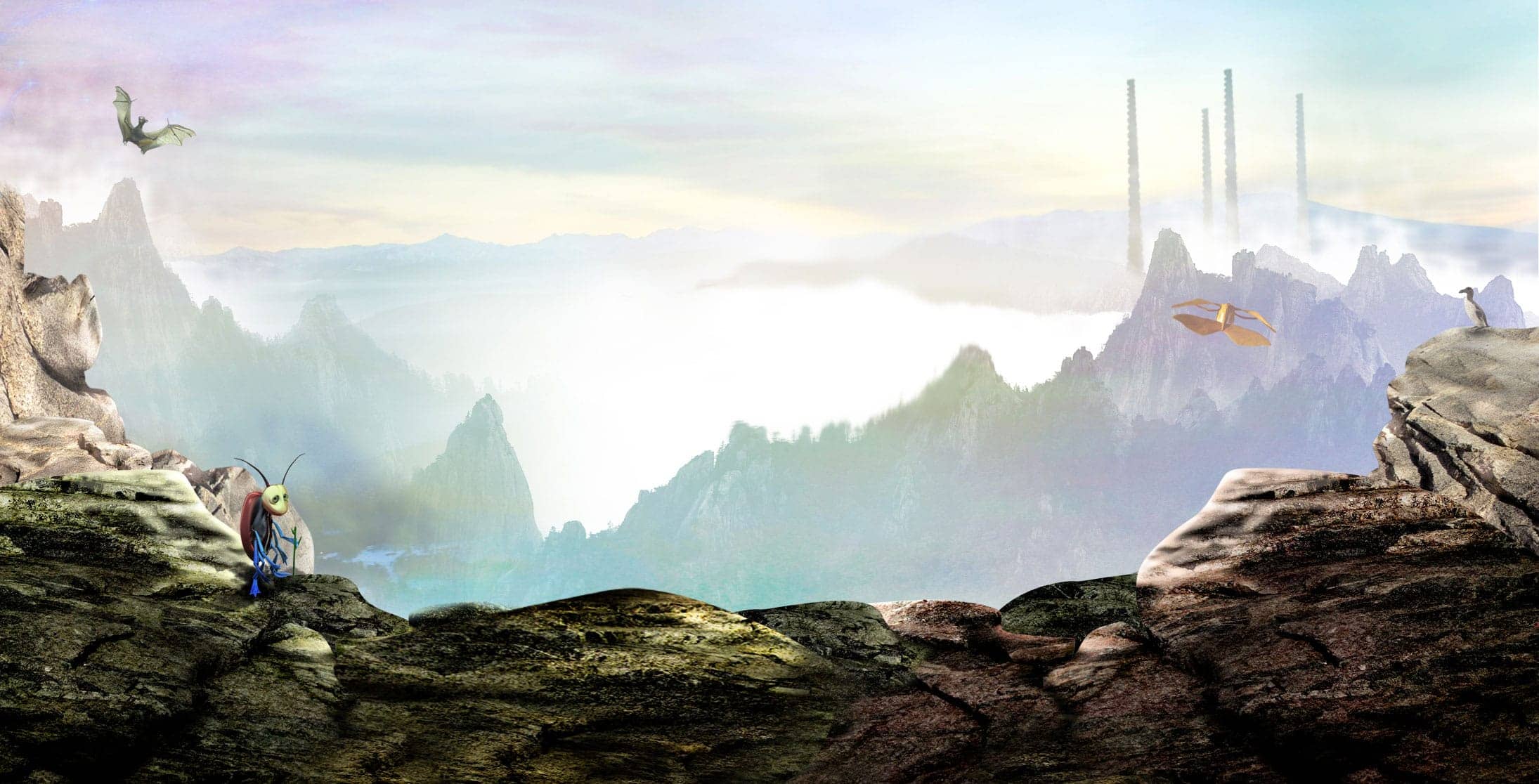A critically endangered angel shark has been filmed in Cardigan Bay, Wales—the first sighting in years. For a creature thought by many to have vanished from our waters, this is an extraordinary moment of hope.
What makes the angel shark so unusual?
Angel sharks are not like the sharks we usually picture. Instead of sleek torpedoes, they are flat and ray-like, with wide pectoral fins that help them bury into sand. Perfectly camouflaged, they lie in wait and ambush unsuspecting fish with lightning-fast strikes.
Once common across Europe, they were devastated by decades of bottom-trawling. Today, Wales is one of the last places in the world where angel sharks are found.
Why does this sighting an angel shark matter?
-
Critically endangered – Angel sharks are on the IUCN Red List. Every sighting is precious.
-
Clues about habitat – The record proves Welsh seas still hold the conditions they need to survive.
-
Urgent call for action – Groups such as the Wildlife Trust are pushing for stronger protections against destructive fishing in Marine Protected Areas (The Guardian).
What is ZSL’s Angel Shark Project?
The Zoological Society of London (ZSL) is leading a global conservation programme for angel sharks. The Angel Shark Project works in the Canary Islands, Greece, Libya, and Wales to protect the species (ZSL).
In Wales, the work happens through Project SIARC (Sharks Inspiring Action and Research with Communities). It brings together scientists, fishers, schools, and volunteers. Local people take part in egg-case hunts, interviews, and even use 3D-printed shark models in classrooms.
One of the most inspiring parts of the project has been interviewing retired fishers. Their memories and photos revealed that angel sharks were once far more common than we knew. These stories have rebuilt the timeline of the shark’s history in Welsh waters.
Does fewer sightings mean fewer sharks?
Not always. Researchers believe that changes in fishing methods may explain part of the decline in records. Fewer angel sharks are caught by accident, which may mean they are simply harder to spot—not necessarily gone. That’s why innovative monitoring and community science are so important.
Angel sharks and Rockford’s Rock Opera
We spend a lot of time in Wales, though sadly we’ve never seen an angel shark ourselves. But their story fits perfectly with our own tales of extinction and rediscovery. On the Island of Infinity in Lost on Infinity, the last one of every species still survives – just like the rare angel sharks holding on here in our seas.
That’s why we’ve created free teaching resources, written for the Welsh curriculum, all linked to our musical eco-adventures. They cover themes of extinction, endangered species, and habitats. Imagine learning about angel sharks in class and then stepping into Moog and Rockford’s journey to Infinity.
👉 Download our free teacher resources
How you can help
-
Share this story—awareness is the first step in protection.
-
Support conservation campaigns like Project SIARC and the Wildlife Trust.
-
Use our free resources to bring endangered species into classrooms across Wales and beyond.
The angel shark may be rare, but with knowledge, creativity, and community, it has a future.
🌿🍃🌼🌿🍃🌼🌿🍃🌼🌿🍃🌼🌿🍃🌼🌿🍃🌼🌿🍃🌼🌿🍃🌼🌿🍃
Discover more through story and song
At Rockford’s Rock Opera, we believe nature’s resilience can inspire both science and imagination. Our story Lost on Infinity explores extinction, biomimicry, and the secrets of the natural world through an unforgettable musical adventure.
Explore our world today:
Get the Lost on Infinity illustrated book with free musical audiobook – a totally immersive experience.
Listen to the first part of the Lost on Infinity audiobook and watch the animated adventure free on Apple App Store and Google Play.
Download our FREE lesson plans and slides about Extinction and Biomimicry. We also have a selection of classroom activities on our website.
For even more exploration of the natural world, tune in to our Stories, Science & Secrets podcast for kids. Join Matthew, Elaine, Steve Punt and special guests, as we delve into the fascinating world of biomimicry and the inspiring ways science learns from nature’s genius.
The coconut reminds us: resilience is a natural design. Biomimicry (learning from nature) is a fascinating classroom topic. You can read more about biomimicry and see all the discoveries we have documented in our Creatures’ Secrets Database.

